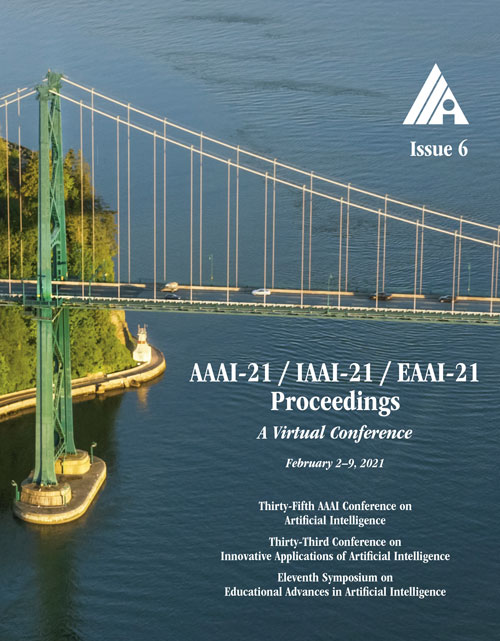Estimating α-Rank by Maximizing Information Gain
DOI:
https://doi.org/10.1609/aaai.v35i6.16712Keywords:
Imperfect InformationAbstract
Game theory has been increasingly applied in settings where the game is not known outright, but has to be estimated by sampling. For example, meta-games that arise in multi-agent evaluation can only be accessed by running a succession of expensive experiments that may involve simultaneous deployment of several agents. In this paper, we focus on α-rank, a popular game-theoretic solution concept designed to perform well in such scenarios. We aim to estimate the α-rank of the game using as few samples as possible. Our algorithm maximizes information gain between an epistemic belief over the α-ranks and the observed payoff. This approach has two main benefits. First, it allows us to focus our sampling on the entries that matter the most for identifying the α-rank. Second, the Bayesian formulation provides a facility to build in modeling assumptions by using a prior over game payoffs. We show the benefits of using information gain as compared to the confidence interval criterion of ResponseGraphUCB, and provide theoretical results justifying our method.Downloads
Published
2021-05-18
How to Cite
Rashid, T., Zhang, C., & Ciosek, K. (2021). Estimating α-Rank by Maximizing Information Gain. Proceedings of the AAAI Conference on Artificial Intelligence, 35(6), 5673-5681. https://doi.org/10.1609/aaai.v35i6.16712
Issue
Section
AAAI Technical Track on Game Theory and Economic Paradigms

